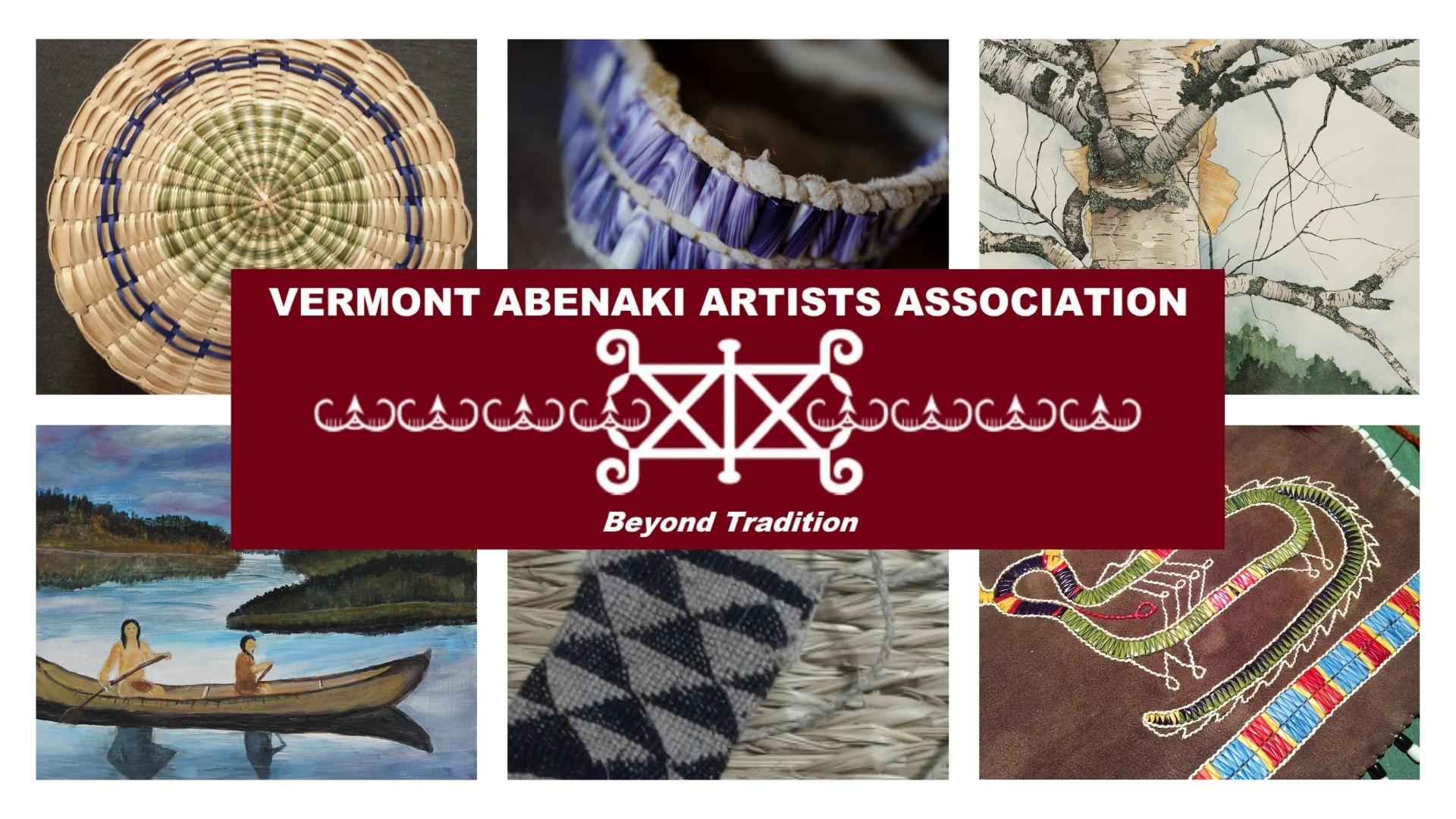Join us in congratulating Vermont Abenaki Artists Association educator and artist, Lina Longtoe Schulmeisters on the successful completion of her J. William Fulbright grant! Last year, Lina was selected to join the 2018-2019 US-UK Fulbright Commission Postgraduate Cohort and used the grant to fund her studies at the University of Reading where she is currently an MSc Environment and Development candidate. Lina notes that her academic interests and goals exist,
VAAA Report to the Vermont Commission on Native American Affairs 1-7-2019
Kwai (hello/greetings) everyone,
As we have just retired 2018 and look forward to 2019, I would like to let you know what a successful year 2018 was. VAAA partnered with Lake Champlain Maritime Museum, Flynn Performing Arts Center, and local libraries to present many programs.
School children from throughout Vermont, New Hampshire, and Connecticut went to see our traveling exhibit Alnobak: Wearing Our Heritage and they used the curriculum materials that we developed in their classrooms. Additionally, we had 28 teachers attend our second annual professional development seminar Presenting Abenaki Culture in the Classroom.
Education is a crucial part of VAAA
Presenting Abenaki Culture in the Classroom

Members of the Vermont Abenaki Artists Association serve as faculty for this one-day professional development seminar at Lake Champlain Maritime Museum (LCMM), designed to provide teachers and homeschool educators with new resources and techniques to help elementary students learn about the Abenaki tribe. This program is supported by a grant from the Vermont Humanities Council.
Abenaki culture and history that spans 11,000 years in the Champlain Valley will be introduced by culture bearers with deep understanding of how this vibrant regional culture continues into the 21st century. Some of the topics include: history and stereotypes; new resources being developed for use in classrooms; age-appropriate activities; and learning how you can better support Abenaki and other Native students while presenting American history. The program includes a gallery talk and tour of the traveling exhibition Alnobak: Wearing Our Heritage that explores Abenaki identity and continuity through the lens of the clothing we make and wear to express our identity.
When: Wednesday, August 2, 2017 from 9:30am-4pm
Where: Lake Champlain Maritime Museum, 4472 Basin Harbor Road, Vergennes, VT
Cost: $15 registration fee includes lunch and program materials.
Register: Eventbrite
Instructors:
Melody Walker Brook is an Adjunct Professor at Champlain College and has taught The Abenakis and Their Neighbors and Abenaki Spirituality at Johnson State College. She serves on the Vermont Commission of Native American Affairs and is a traditional beadworker and finger weaver.
Liz Charlebois, Abenaki culture bearer, is a powwow dancer, traditional bead worker, ash basket maker, and bitten birch bark artist. She cultivates a traditional garden and has organized a seed bank of heirloom seeds grown by the Indigenous people of the Northeast. Liz has served on the New Hampshire Commission of Native American Affairs and as Education Specialist at the Mt. Kearsarge Indian Museum in Warner, NH.
Lina Longtoe is certified Project WILD instructor for the Growing Up WILD, Aquatic WILD and Project WILD K – 12 programs, which are sponsored by the EPA, US Fish and Wildlife, and the National Wildlife Federation. Her area of study is environmental science with a concentration in sustainability. She is Tribal Documentarian for the Elnu Abenaki Tribe and maintains a YouTube channel to help preserve Abenaki culture.
Vera Longtoe Sheehan, Director of the Vermont Abenaki Artists Association, has a background in Museum Studies and Native American Studies. She has been designing and implementing educational programs with museums, schools and historic sites for over twenty-five years. Her art is focused on traditional clothing and twined woven plant fiber bags.
For more information, please contact:
Vera Longtoe Sheehan, Vermont Abenaki Artists Association [email protected]

